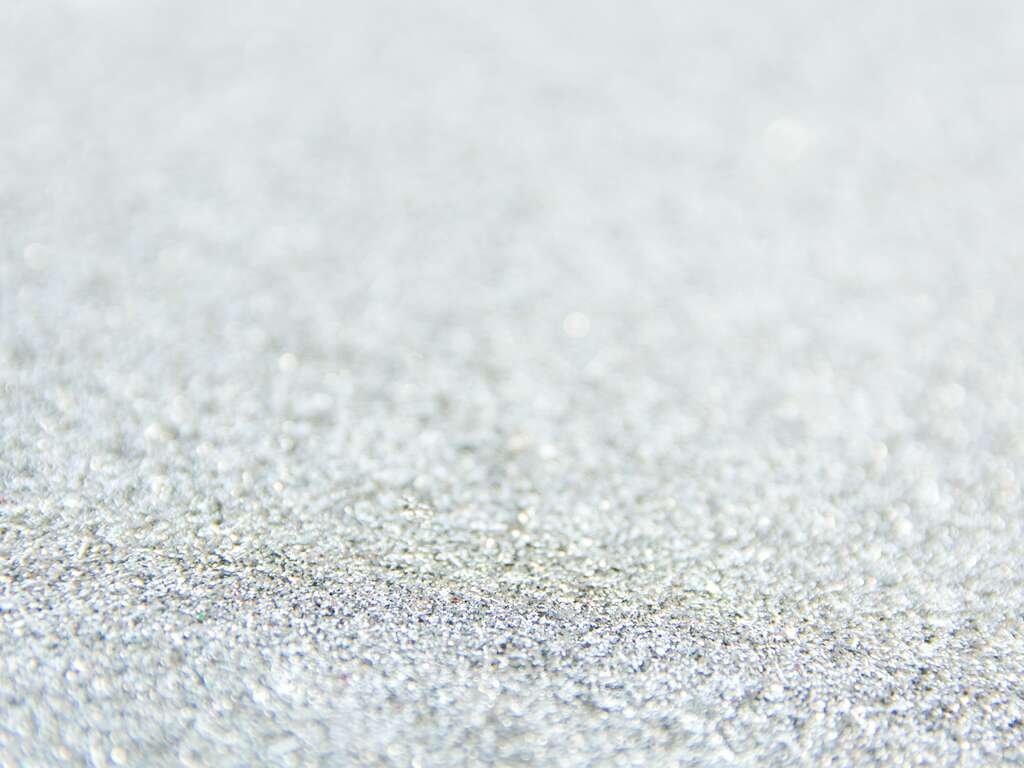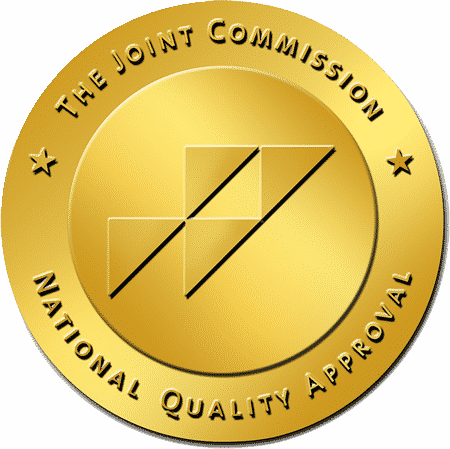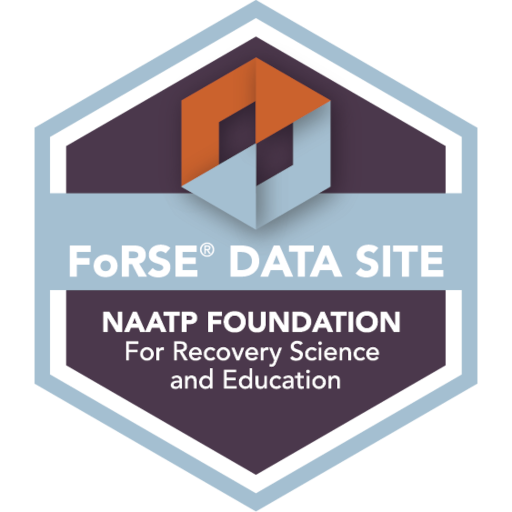Phencyclidine, or more commonly known as PCP, is one of the most well-known mind-altering or psychoactive drugs. PCP was originally developed and used as an intravenous anesthetic for surgeries in the 1950s but was later deemed too dangerous.
By 1967, PCP was discontinued as an anesthetic and tranquilizer among human patients. Instead, it was limited to veterinary use. This was due to a high number of patients experiencing neurotoxic side effects, including postoperative delirium, mania, and hallucinations.
These same side effects, however, led individuals to seek PCP as their choice of recreational drug to experience a hallucinogenic “trip.”
Although its usage declined in the 1980s, PCP has since re-emerged as a primary culprit of drug addiction and abuse. As a result, it is still being distributed and sold for recreational use — especially among young adults.
What Is PCP?

The acronym PCP refers to the full name of its chemical composition, 1-(1-phenylcyclohexyl) piperidine. In its purest form, PCP (phencyclidine) is a white crystalline powder that has a bitter, chemical taste. It can be dyed in different colors and easily dissolves in water or alcohol.
PCP is categorized as a hallucinogen. Hallucinogens are drugs that affect the brain, specifically our sensory perception, mood, and thought patterns.
PCP can work as a stimulant, an anesthetic, and an analgesic or pain reliever as well. How the drug affects a person depends on how much of it they take.
Phencyclidine is also considered as a “dissociative” drug because of its ability to distort a person’s perception of colors, sounds, sights, their own self, their environment, and reality in general.
Street Names of PCP
PCP is known by many other names when it is sold illegally on the street. The most well-known of its street names is “angel dust,” which refers to its white color and powder form.
Other street terms of PCP include:
- Love boat
- Boat
- Happy sticks
- Peace pill
- Dust or goon dust
- Dust joint
- Magic dust
- Peter Pan
- Ozone
- Wack
- Animal tranq
- Horse tranquilizer
- Embalming fluid
- Rocket fuel
There are also specific street terms for PCP when it is combined with other drugs. For example, rolled marijuana or tobacco cigarettes dipped in liquid PCP are known as illy, wet, or fry. Meanwhile, PCP mixed with marijuana is called superweed, supergrass, killer joints, or whacko tobacco.
Different Forms of PCP
There are two forms in which illegal PCP is most sold in the U.S. First is its purest form, a white, crystalline powder. In some cases, the powder may be dyed in a different color to make it look more attractive to younger people.
Second is as a liquid. Since the angel dust powder can be easily dissolved, it is often sold already mixed with either alcohol or water.
The illicit drug may also be sold in tablet and capsule form.
Common Ways of Using PCP
PCP can be used in various ways, depending on the form of PCP users bought.
In its powder form, PCP is often used intranasally. This means inhaling or snorting the powder straight through their nose.
Smoking angel dust powder is also a popular way to use the drug recreationally. Users typically mix it with tobacco or marijuana for smoking. They may also spray it onto other leafy materials, such as dried parsley, mint, or oregano.
Capsules or tablets are typically ingested orally or swallowed, either dry or with water. Some users crush the capsules to snort it. In its liquid form, PCP can either be drunk as is or injected straight into the bloodstream.
One increasingly popular way of using liquid PCP is as a dipping liquid. Users dip regular tobacco cigarettes or rolled marijuana blunts into liquid PCP before smoking them.
Is PCP Illegal?
As a result of its dangerous side effects, the U.S. government formally declared PCP and its derivatives as illegal drugs in 1978.
The Food and Drug Administration (FDA) classifies phencyclidine as a Schedule II controlled substance, just like oxycodone, fentanyl, and methadone. The Schedule II substance classification was given due to PCP’s high potential for drug abuse, as well as resulting physical dependence or addiction. As such, PCP is considered illegal in all states.
Why People Use PCP
Phencyclidine became an infamous recreational drug of choice primarily due to its ability to induce hallucinations, making users see, hear, and feel illusions created by the mind. These can include feelings of euphoria, illusions of superhuman strength, and even sexual prowess.
Since PCP is a dissociative drug, it can make people feel as if they are having an out-of-body experience. Feeling separated from their body and disconnected from reality makes people feel less inhibited or restrained. This may also give them a greater rush and lead to irrationality.
Users refer to the entire experience as a “trip,” with unpleasant experiences as a “bad trip.” These so-called bad trips are generally due to taking in high doses of phencyclidine and undergoing several bad side effects, such as nausea, vomiting, and more.
How PCP Affects the Brain
PCP use directly affects the brain and our central nervous system. This is the reason many of the side effects and risks of PCP are related to memory, emotion processing, perception, and the ability to learn or think rationally.
The drug influences several neurotransmitter systems. Specifically, phencyclidine is a noncompetitive antagonist for NMDA receptors. The drug binds to NMDA receptors in the brain’s hippocampus, neocortex, and basal ganglia.
Experts theorize that PCP works by blocking or interrupting the normal actions of some chemicals in the brain. This results in the brain disconnecting from normal experiences and changing how the user views reality.
PCP also largely interacts with the brain’s glutamate receptors. At the same time, it can also interact with other receptor sites, such nicotinic, dopamine, and opioid receptors.
When taken in higher doses, phencyclidine can cause not only hallucinations but also symptoms similar to those exhibited by people with schizophrenia and other mental disorders.
How Fast Can You Feel the Effects?
The start of the effect of PCP use depends on both how much is taken and the method of ingestion. The two methods of administration that offer the fastest onset of effect are inhalation or smoking, and “shooting up” or injecting PCP directly into veins.
When shooting up or smoking phencyclidine, the intoxicating effects of the drug can start within two to five minutes. In comparison, it can take between 30 to 60 minutes after ingesting a PCP tablet, capsule, or drink before you one feels its effects.
Smoking PCP produces a maximum effect in about 15 to 30 minutes. For ingested or swallowed PCP, it can take around two to five hours for the effects to peak.
PCP intoxication generally lasts between four to eight hours. Some users report feeling the effects up to 24 to 48 hours after taking PCP.
Dangers of Using PCP

There are many serious risks and dangers that stem from recreational PCP use, drug abuse, and addiction.
High PCP doses can cause hallucinations. These hallucinations, as well as other unpleasant psychological effects like paranoia and delusions, can cause violent behavior and suicidal tendencies. These effects can also be caused by sudden withdrawal from PCP.
In low to moderate doses, PCP can simply induce feelings of detachment and numbness. However, in higher doses, it can cause catatonic posturing, seizures, and even coma. In severe cases, PCP use may even lead to death.
PCP drug abuse can negatively affect memory and thinking. This can lead to slurred speech and memory loss — which can persist even after the individual stops using PCP.
PCP use among high school students and adolescents poses a similar risk unique to the demographic. Due to phencyclidine negative effects on the brain, particularly memory and learning ability, it can potentially hinder the learning process and lead to slow brain development in teenagers.
PCP and Other Addictive Substances
Using PCP with other drugs or addictive substances greatly enhances both its effects and its risks.
Mixing PCP with other sedatives, such as alcohol or depressant drugs, increases PCP’s inherent sedative effects. Such mixtures can put users into a coma and other serious life-threatening states much faster or more easily.
When combined with marijuana, PCP can cause stronger hallucinations and delusions. It can also make users more confused, aggressive, and at greater risk for seizures. More importantly, the combination can also cause users to have serious neurological illnesses in the future.
Populations at Risk of PCP Abuse
Studies show young adults and adolescents, or high school students are the groups most at risk for angel dust or PCP abuse. A 2016 report from the National Survey on Drug Use and Health shows that more than six million Americans ages 12 and up have used PCP. A survey in 2018 noted an increase in the use of PCP among 12th graders, going up from 1.0% in 2017 to 1.1% that year.
Meanwhile, a report from the Substance Abuse and Mental Health Services Administration noted an increase in PCP-related emergency department visits from 2005 to 2011. The numbers went up by over 400% during that time, with the largest increase in PCP-related visits recorded among young adults or Americans between 25 and 34 years old.
Short-term Effects of PCP Use

The immediate or short-term effects may vary depending on the dosage or amount of active drug taken and the delivery method used. For example, a low dose of PCP generally increases blood pressure, heart rate, and body temperature.
However, taking a larger PCP dose does the complete opposite. PCP intoxication can instead cause a drop in both blood pressure and heart rate, as well as shallow or difficulty breathing. Higher doses of PCP can also put patients into a coma and cause seizures, skeletal damage, and even death by overdose.
Taking a low to moderate dose of PCP, or around one to five milligrams of the drug, can cause the following effects:
- Feelings of euphoria or joy
- Dissociation or feelings of detachment
- Slurred or garbled speech
- Unsteady gait or poor motor coordination
- False sense of strength or invulnerability
- Blank expression and stupor
- Dizziness or nausea
- Vomiting
The sedative effects of PCP may also cause the following short-term effects:
- Numbness, particularly in the arms or legs
- Loss of sensation
- Inability to feel pain
- Loss of balance
- Disorientation or confusion
- Drooling
Short-term phencyclidine intoxication can last up to eight hours. During this time people have also reported experiencing or observing the following effects:
- Bizarre behavior
- Temporary amnesia or memory loss
- Delusions
- Rigid or stiff muscles
- Irregular heartbeat or arrhythmia
- Aggression or combativeness
- Bloodshot eyes
- Rapid eye movements
- Difficulty concentrating
- Severe muscle spasms
- Mood swings
- Anxiety
- Irritability
- Cold sweats
- Lack of motivation
- Feeling flushed
- Perspiration
Long-term Health Risks of PCP Use
Repeated, long-term use of PCP leads to addiction, low drug tolerance, and eventually, drug abuse. It can also lead to extended phencyclidine intoxication. In turn, this can result in several long-term health risks.
Phencyclidine’s long-term effects include:
- Stuttering or difficulty speaking
- Worse memory issues
- Problems with reasoning or logic
- Anxiety
- Depression
- Suicidal thoughts or behavior
- Social isolation
- Severe weight loss
- High blood pressure
- Higher stroke and heart attack risk
Some long-term health risks and dangers of PCP are unique to how users take the drug.
For example, those partial to smoking or inhaling PCP are more likely to develop significant lung damage, respiratory failure, and even lung cancer. The risk is even higher if they smoke PCP with other substances, such as tobacco or marijuana.
For PCP users who prefer shooting up or injecting the drug, they are at higher risk of contracting needle-sharing diseases, such as HIV or hepatitis.
Pregnant women who are chronic phencyclidine users can pass on the long-term health effects of the drug to their child. The drug can stunt the unborn child’s brain development and even potentially cause spinal cord irregularities. More importantly, the baby can come out already suffering from withdrawal symptoms, which often prove fatal.
Lastly, individuals who take PCP over a longer period have a much higher risk of overdosing from the drug. In worst case scenarios, this can lead to severe whole-body damage or even death.
Can You Get Addicted to PCP?
Yes. Phencyclidine is a highly addictive drug. Since PCP affects the brain, repeated use can often result in not only physical dependence but severe psychological dependence as well.
Physical dependence on phencyclidine becomes evident when individuals show physical withdrawal symptoms after they stop using the drug. They become unable to function in their daily lives without getting a dose of PCP. At the same time, they are unable to control their use of the drug.
Psychological dependence means a person’s mind becomes reliant on the drug. This is what causes PCP users to crave the drug and exhibit compulsive PCP-seeking behavior. Severe psychological dependence may even cause users to show violent behavior or become suicidal.
Signs and Symptoms of PCP Addiction
Substance abuse disorder is a serious and potentially fatal condition — but it is very much curable. There are many institutions and organizations around the country that are dedicated to helping individuals suffering from addiction and drug abuse. The key to recovering is to catch the condition as early as possible and get the treatment they need.
In most cases, people only notice the PCP addiction among their loved ones (or even themselves) once they start to show some symptoms of long-term PCP health effects. In some cases, it is when they or their loved ones start exhibiting physical withdrawal symptoms.
Here are a few signs and symptoms to look out for:
- Increasing or high tolerance for PCP
- Continued drug use
- Intense cravings for PCP
- Restlessness
- Hallucinations
- Headaches
- Diarrhea
- Seizures
- Sweating
- Mood swings
- Poor physical and mental health
- Poor hygiene or self-care
- Neglecting work or school
- Increased risky activities
- Social isolation or distancing, even from loved ones
- Money problems
Treatment for PCP Abuse at La Hacienda
Abuse of drugs such as hallucinogens can be very dangerous if not treated. Substance use disorders can be addressed successfully, however. Our staff has helped hundreds stop the compulsive behavior associated with phencyclidine.
La Hacienda begins with medical stabilization of the patient. Prior to admission, patients are cleared for treatment by our medical and clinical teams to ensure La Hacienda is the best option for them whether they are afflicted by drug abuse or alcohol intoxication.
La Hacienda medical staff apply a clinical toxicology approach to PCP addiction and develop an individualized approach for each patient’s stabilization.
Clinical toxicology covers research, prevention and treatment of diseases caused by chemicals, drugs, and toxins.
The La Hacienda clinical staff follow the personalized treatment plans to ensure clients are able to work through their PCP addiction successfully.
Take the first step towards getting the support you need. Contact La Hacienda today to get help for alcoholism, drug abuse, and PCP addiction.




